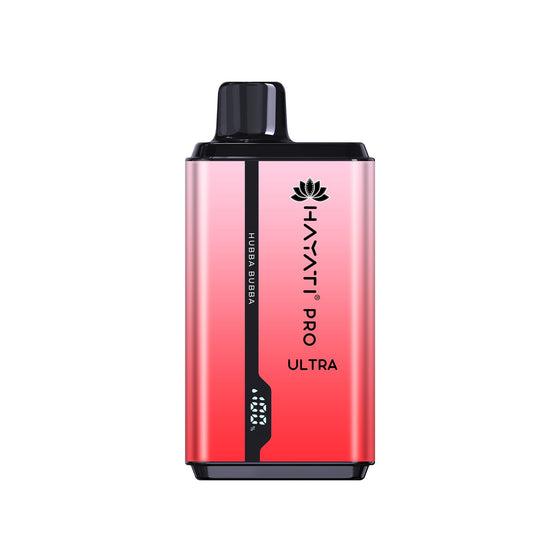YouTube downloaders have gained significant popularity among internet users who want to save videos and music for offline use. These tools can be incredibly convenient, especially for those who wish to access content without an internet connection. However, the legality and safety of using YouTube downloaders are frequently questioned. This article delves into the intricacies of YouTube downloaders, examining their legal implications and safety concerns.
What Are YouTube Downloaders?
YouTube downloaders are software applications or online tools that allow users to download videos from YouTube. They come in various forms, including:
- Online Platforms: Websites where users can paste the URL of a YouTube video to download it.
- Software Applications: Programs installed on a computer that download and convert YouTube videos.
- Browser Extensions: Add-ons for browsers that enable direct downloading from YouTube.
- Mobile Apps: Applications for smartphones and tablets that offer similar functionality.
These tools often provide options to download videos in different formats and resolutions, such as MP4, MP3, 720p, 1080p, and more.
Legal Aspects of Using YouTube Downloaders
YouTube's Terms of Service
According to YouTube's Terms of Service, downloading videos without explicit permission from the content creator or unless a download button is provided by YouTube is against their policy. Section 5B of the Terms of Service states:
“You shall not download any Content unless you see a ‘download’ or similar link displayed by YouTube on the Service for that Content. You shall not copy, reproduce, distribute, transmit, broadcast, display, sell, license, or otherwise exploit any Content for any other purposes without the prior written consent of YouTube or the respective licensors of the Content.”
Copyright Laws
Beyond YouTube’s policies, copyright laws in many countries protect the rights of content creators. Downloading YouTube videos without the creator's permission could be considered copyright infringement, which is illegal in most jurisdictions. This includes downloading videos or music for personal use, even if you do not plan to distribute or share them.
Fair Use Doctrine
Some users argue that downloading videos for personal use falls under the "fair use" doctrine, a legal principle that allows limited use of copyrighted material without permission. However, fair use is a complex and context-dependent defense. It generally does not apply to the wholesale downloading of videos or music from YouTube.
Are There Legal Ways to Download YouTube Videos?
Yes, there are legal ways to download YouTube videos. YouTube Premium, a subscription service, allows users to download videos for offline viewing. Additionally, some content creators provide download links in their video descriptions, permitting users to download their content legally.
Safety Concerns with YouTube Downloaders
Malware and Viruses
One of the biggest safety concerns with using YouTube downloaders, especially online platforms and software applications, is the risk of malware and viruses. Many of these tools are not regulated, and some are created with malicious intent. Users may unknowingly download harmful software that can compromise their devices or personal information.
Adware and Unwanted Programs
Some YouTube downloader software and websites are notorious for bundling adware or other unwanted programs. These programs can slow down your device, display intrusive ads, or even collect your personal data. Always be cautious when downloading software and avoid platforms that ask you to install additional programs.
Phishing Scams
Certain fraudulent websites and apps masquerade as legitimate YouTube downloaders to trick users into providing personal information or downloading malware. These scams can be highly sophisticated, so it's crucial to verify the authenticity of any tool before using it.
Data Privacy
Some YouTube downloaders, particularly online platforms, may collect data about the videos you download and your browsing habits. This data can be sold to third parties, potentially compromising your privacy. Always review the privacy policies of any service you use and opt for reputable options with clear data protection practices.
Best Practices for Using YouTube Downloaders Safely
Choose Reputable Tools
When selecting a YouTube downloader, choose reputable tools with positive reviews and a strong online presence. Avoid newly created platforms with no user feedback, as they may be more likely to contain malware or engage in unethical practices.
Use Antivirus Software
Always use up-to-date antivirus software when downloading and installing YouTube downloaders. This can help detect and prevent any malicious software from infecting your device.
Be Wary of Excessive Permissions
If a YouTube downloader requests excessive permissions, such as access to your contacts or messages, this is a red flag. Legitimate tools should only need access to the internet and your file system.
Avoid Online Platforms with Intrusive Ads
Online YouTube downloaders often rely on ad revenue to operate. While some ads are harmless, platforms with excessive or intrusive ads may be less trustworthy. Consider using tools that have a cleaner, ad-free interface.
Read User Reviews
Before downloading any software or using an online service, read user reviews. They can provide valuable insights into the safety and reliability of the tool. Be cautious of platforms with overwhelmingly negative feedback or reports of malware.
Alternatives to YouTube Downloaders
YouTube Premium
YouTube Premium is a subscription service that allows users to download videos for offline viewing. This is the safest and most legal way to download YouTube content for personal use. YouTube Premium also offers additional features like ad-free viewing and access to YouTube Music.
Licensed Video Download Sites
Some websites offer legally licensed video content for download, often for a fee. These platforms are a good alternative for users who want to access video content offline without violating copyright laws or YouTube's Terms of Service.
Creative Commons and Public Domain Content
Some YouTube videos are uploaded under a Creative Commons license, allowing users to download and share them legally. Similarly, public domain content can be freely downloaded and used without legal concerns. Always check the license type before downloading.
Conclusion
While YouTube downloaders offer a convenient way to access content offline, they come with significant legal and safety concerns. Using these tools can violate YouTube's Terms of Service and copyright laws, potentially leading to legal consequences. Moreover, the risk of malware, viruses, and data privacy issues make using YouTube downloaders a risky proposition.
For those who still wish to use these tools, it's essential to choose reputable options and follow best practices to minimize risks. However, the safest and most legal approach remains using YouTube Premium or other licensed platforms that offer legitimate ways to download content.
Ultimately, it's crucial to respect the rights of content creators and adhere to legal guidelines while enjoying online content.






